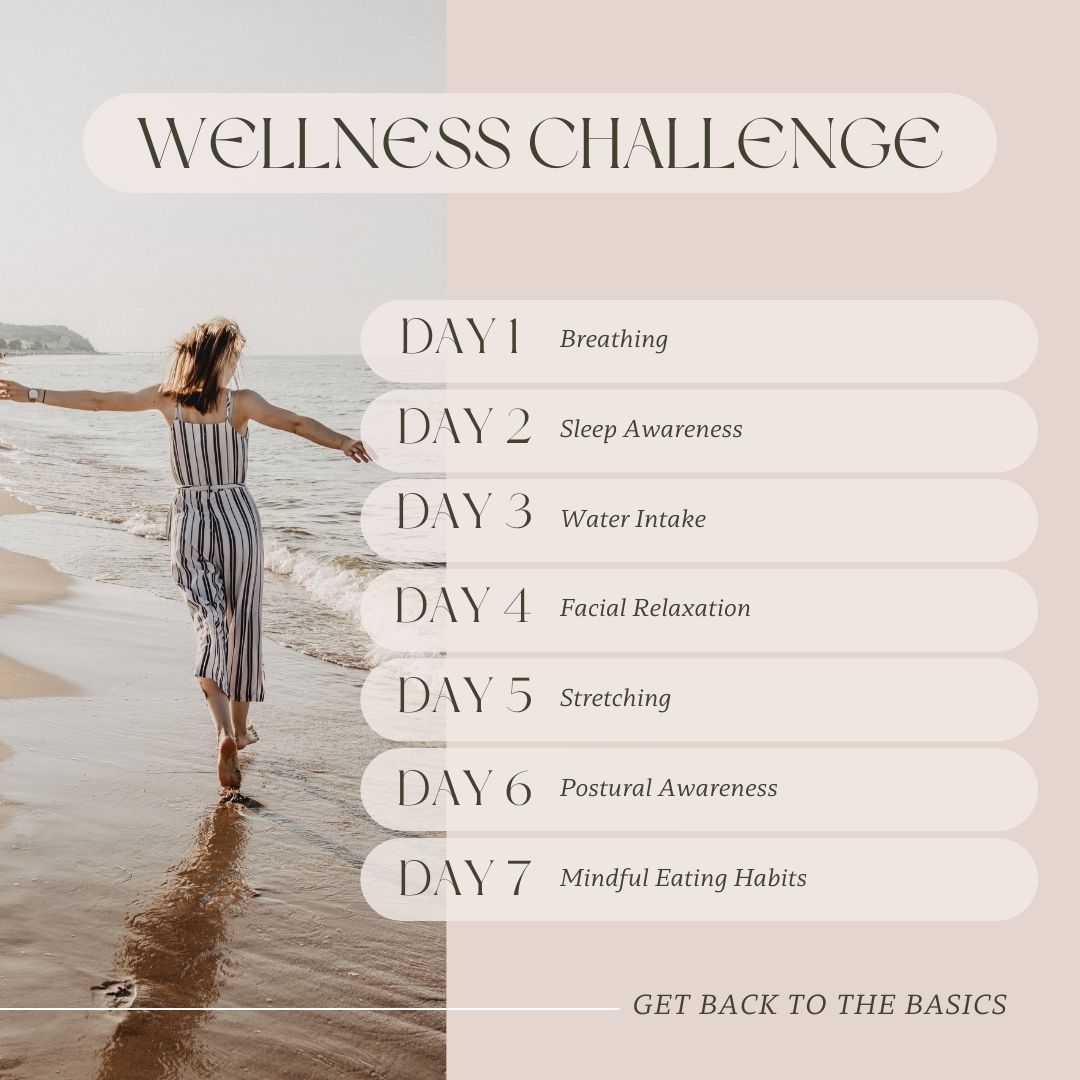Adapted, But Not Okay
Aug 28, 2025
The human body is built to survive. That doesn’t mean you are thriving.
Your body is brilliant. It will do anything it can to keep you alive.
Miss sleep for a few nights? Your cortisol will spike to carry you through.
Start hunching over your laptop all day? Your fascia will reshape to support that posture.
Live with anxiety? Your nervous system will stay hyper-alert, scanning for danger, sacrificing digestion, hormone balance, and sleep in the process.
This is how the body protects you.
It adapts. Fast. Often. Relentlessly.
That’s the good news—and also the problem.
We Can Adapt to Anything (Even Misery)
You can adapt to inflammation.
You can adapt to shallow breathing, chronic tension, bloating, fatigue, and 4 hours of sleep.
You can adapt to staying in relationships that make you anxious, and to jobs that drain you, and to stress that never lets up.
But adaptation isn’t the same as health.
It’s just survival on autopilot—and you were made for so much more.
“I Have a High Pain Tolerance” Isn’t a Badge of Honor
I can’t tell you how many times I’ve had patients sit down and proudly say, “Oh, I have a really high pain tolerance.”
My first thought is never, “Great!”
It’s always, “Oh no… your body has been in pain for a long time then.”
See, pain tolerance is often just another form of adaptation. Your nervous system has raised the threshold for what registers as uncomfortable, not because you're stronger—but because your brain has decided this discomfort is permanent, and it can't afford to react every time. It's not toughness. It’s conditioning. And while that might help you get through the day, it usually means your body has been whispering at you for years—and you’ve learned to tune it out.
Survival Will Keep You Alive, But It Will Steal Your Spark
Your body will do everything in its power to keep functioning—even under pressure, even with poor fuel, even when the conditions are less than ideal. But at a certain point, surviving becomes expensive.
You start to lose your clarity.
You lose your joy.
You lose your ability to rest deeply, laugh fully, focus clearly, move freely.
You’re still alive, technically—but barely there. You’re coasting on compensation, like a car running on fumes and duct tape.
Most People Don’t Even Know They’ve Adapted
That clicking hip? “It’s fine.”
The constant reflux? “I’ve just always had that.”
The afternoon brain fog and anxiety before emails? “Isn’t that just being an adult?”
No. That’s your body waving a red flag in the language it knows: symptoms.
You’ve just learned to live around the warning signs—because the body is so good at rerouting, you forget there was ever another way to feel.
Thriving Feels Foreign… Until It Doesn’t
Ask yourself:
-
What have I adapted to that actually sucks?
-
What’s my body quietly tolerating?
-
What version of “normal” have I accepted that isn’t actually okay?
If your body had a voice (and by the way, it does—it’s called symptoms), what would it say?
Probably something like:
"Hey… I’m doing my best with what you’re giving me. But I know we could do better."
The Shift: From Survival to Sovereignty
Getting out of survival mode doesn’t mean doing something extreme. It means reversing the slow adaptations that got you here.
It means:
-
Moving every day—like your joints want to last.
-
Eating food that lowers inflammation, not spikes it.
-
Letting your nervous system rest. Turn off the notifications. Breathe. Sit.
-
Choosing to be around people who feel like peace, not pressure.
-
Saying “this isn’t working” without guilt when something (or someone) makes your system clench.
Because here’s the truth:
You don’t get extra points for tolerating dysfunction.
You’re not more noble because you’ve adjusted well to a life that’s wearing you down.
You’re just ready to evolve—and that starts with noticing where you’ve been surviving so long, you forgot what thriving felt like.

You don’t need to “fix” your body. You need to support it like it’s working its ass off for you—because it is. Every day.
Keep moving, eat something green, and question anything that sounds like a quick fix.
Chow! Chow!
—Jessica







